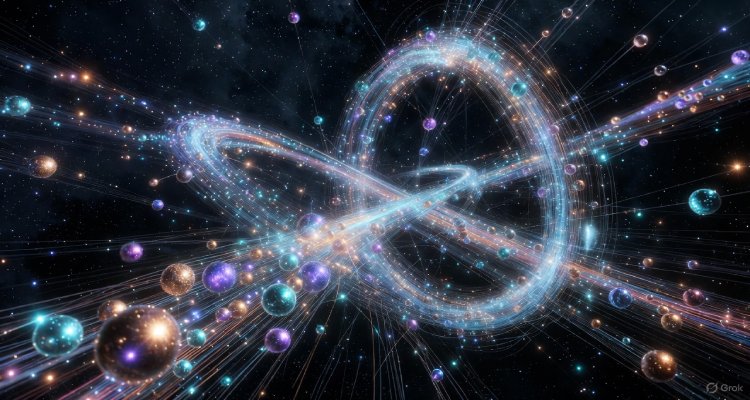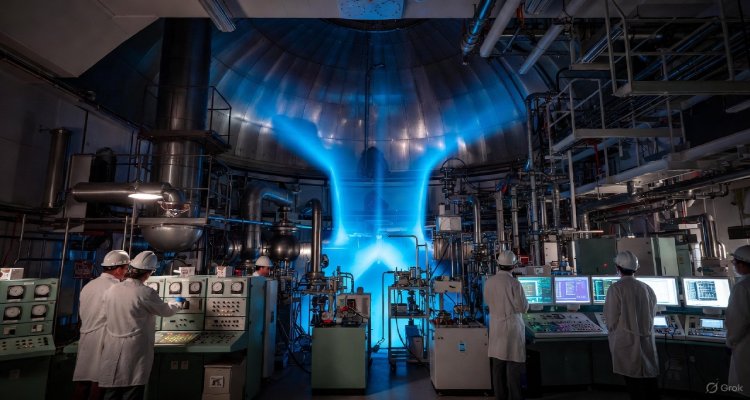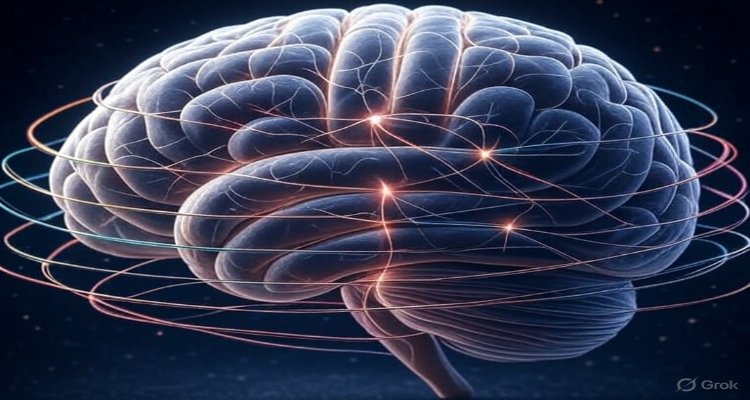The Science of Déjà Vu: A Glitch in the Brain or the Universe?
Déjà vu is more than a passing feeling—it’s a mysterious brain phenomenon that puzzles scientists and fuels theories about memory, time, and the universe.
Introduction: A Familiar Stranger of the Mind
You’re walking into a café for the first time. The aroma of coffee, the clink of cups, the hum of conversations—it all feels eerily familiar. You know you’ve never been there before, yet your mind insists you have. This fleeting, uncanny sensation is known as déjà vu, a French phrase meaning “already seen.” But is this mental glitch just a brain hiccup, or could it hint at something deeper about the fabric of reality?
Context & Background: A Mystery Across Centuries
The phenomenon of déjà vu has captivated thinkers for centuries. First coined in the late 19th century by French philosopher Émile Boirac, the term described a strange familiarity without actual memory.
While popular culture often romanticizes déjà vu as a sign of parallel universes or precognition, modern neuroscience paints a more grounded—but equally fascinating—picture. Roughly 60–80% of people report experiencing déjà vu at least once, making it one of the most common cognitive oddities in human life.
Main Developments: What Science Suggests
Researchers generally agree that déjà vu is not a supernatural event but a quirk of memory processing in the brain. Studies using brain imaging suggest it may occur when:
- The brain misfires: Signals in the temporal lobe, the region responsible for memory, briefly overlap, tricking the brain into confusing the present with the past.
- Memory checks fail: The brain cross-references new experiences against stored memories. If there’s a glitch, the present feels like a repeat.
- Processing delays occur: Information may reach different parts of the brain at slightly different times, creating a sensation of recognition.
Interestingly, déjà vu is more frequent in younger adults, particularly those between 15 and 25 years old, and tends to decrease with age.
Expert Insight: What the Professionals Say
Dr. Anne Cleary, a cognitive psychologist at Colorado State University, describes déjà vu as “a memory illusion—a moment when the brain recognizes a similarity between a current situation and something stored in memory, but cannot consciously recall the original event.”
Neurologists have also noted its link to temporal lobe epilepsy. Patients often report déjà vu right before a seizure, suggesting the sensation may result from irregular electrical activity in the brain.
Yet, not all experts dismiss metaphysical possibilities. Some physicists and philosophers entertain the idea that déjà vu might be connected to time perception or multiverse theories, though these remain speculative.
Impact & Implications: Why It Matters
While déjà vu itself is harmless, its implications stretch across multiple fields:
- Neuroscience & Health: Studying déjà vu can help uncover how memory systems work, potentially offering insights into memory-related disorders like Alzheimer’s.
- Philosophy & Physics: The persistence of metaphysical theories highlights humanity’s curiosity about time, consciousness, and the nature of reality.
- Everyday Life: For most, déjà vu remains a fleeting reminder of how little we understand about the brain’s inner workings.
Conclusion: Between Brain Glitch and Cosmic Clue
Déjà vu sits at the crossroads of science and mystery. For neuroscientists, it is a fascinating window into the complexities of memory. For philosophers, it raises questions about time, perception, and existence.
Whether it’s a neuronal misfire or a glimpse into the multiverse, one thing is certain: déjà vu continues to challenge our understanding of reality, reminding us that the brain—and perhaps the universe—still holds secrets waiting to be uncovered.
Disclaimer : This article is for informational purposes only and is not intended as medical advice. If you experience frequent or distressing déjà vu, consult a healthcare professional.











